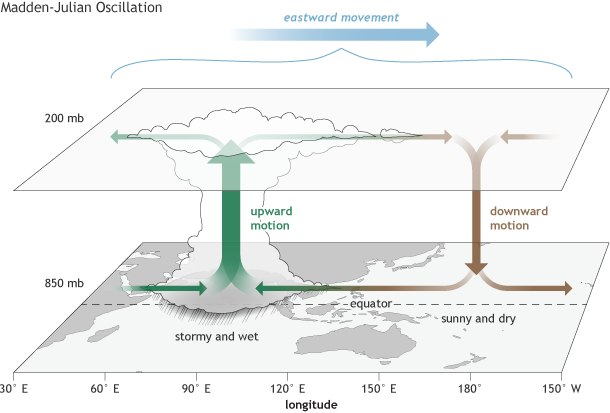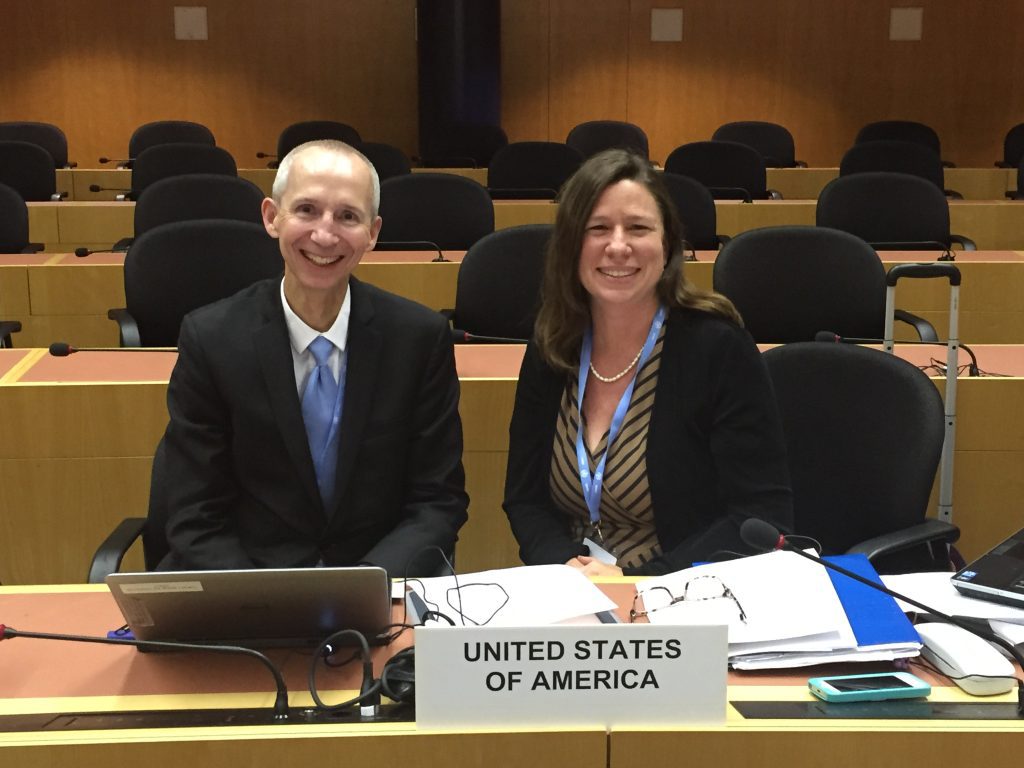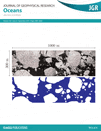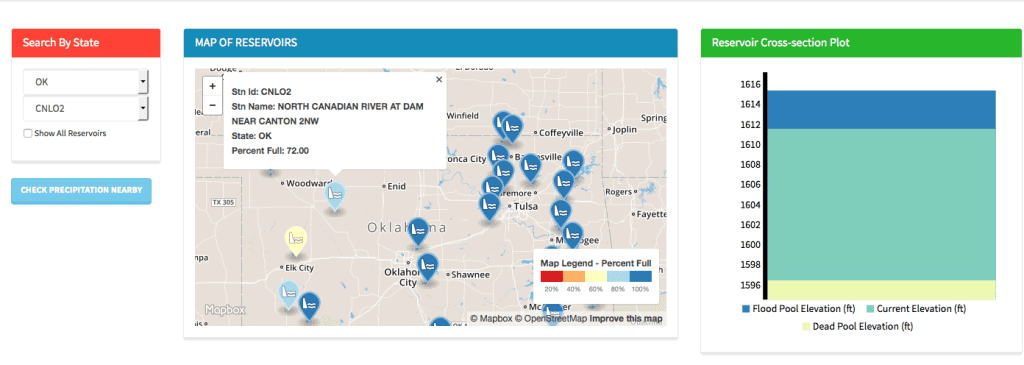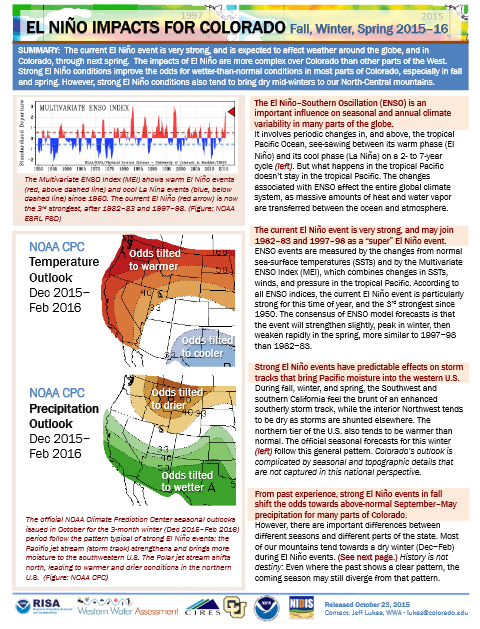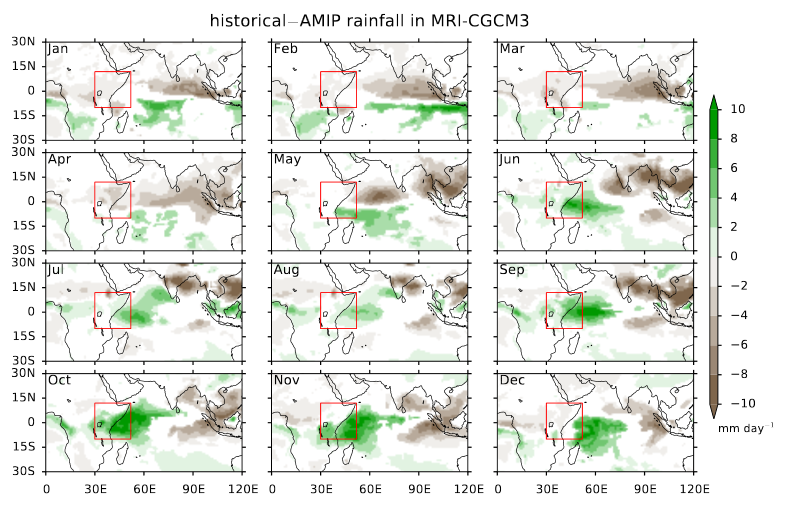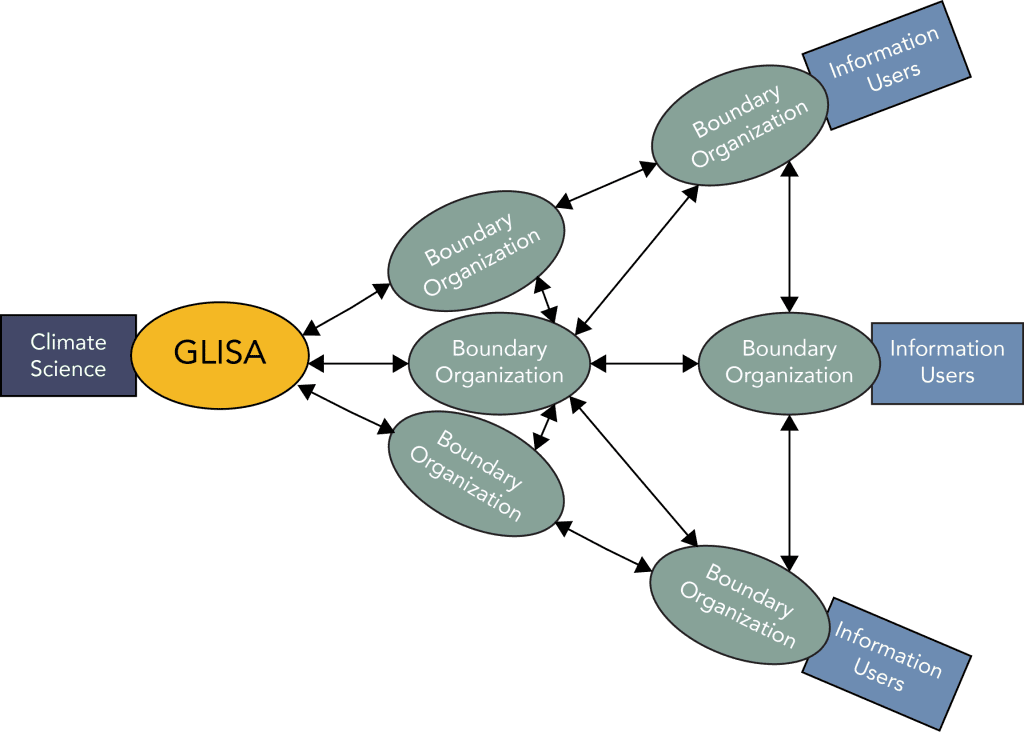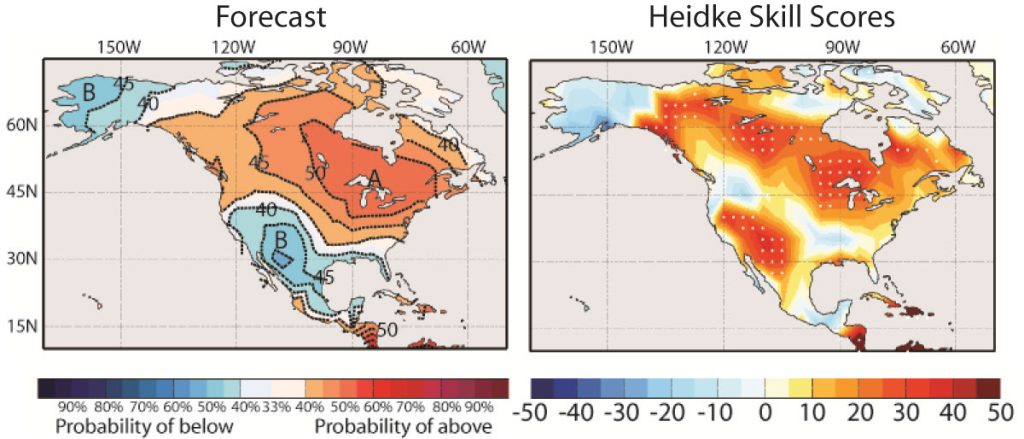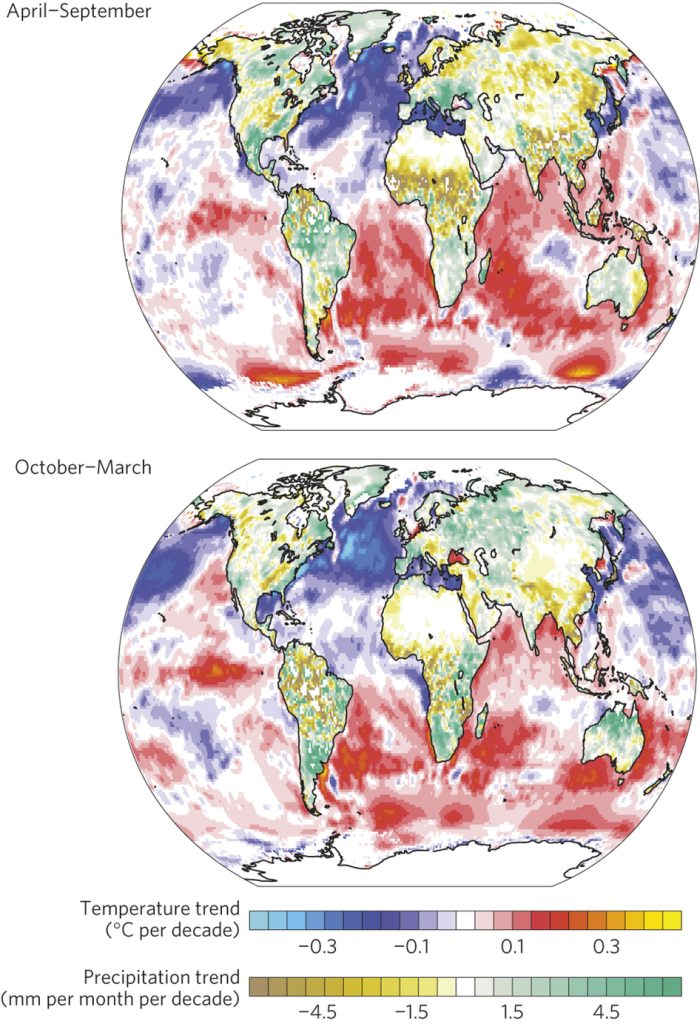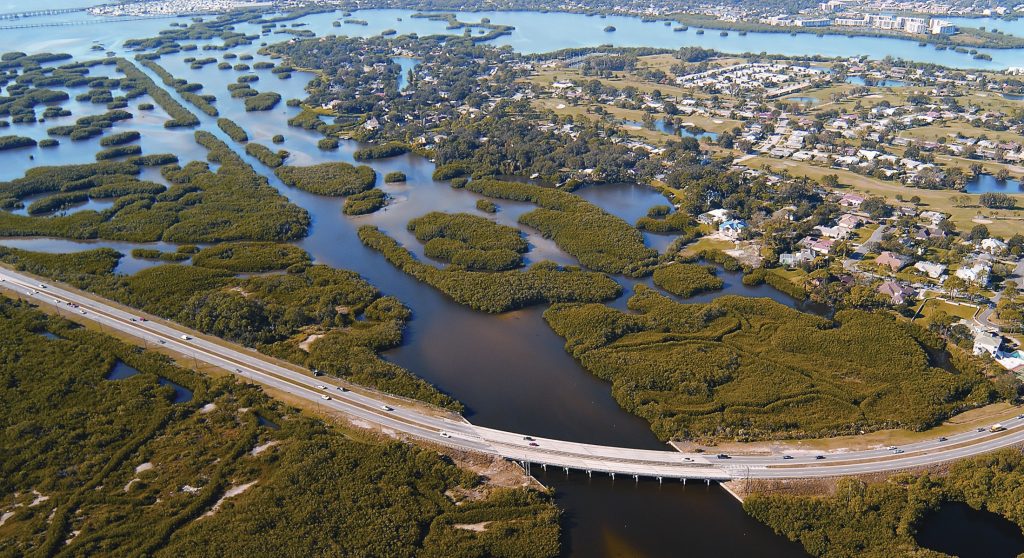Objective Diagnostics and the Madden–Julian Oscillation: Application to Moist Static Energy and Moisture Budgets.
Process understanding of the Madden-Julian Oscillation (MJO) has increased dramatically over the past decade, but many observed features of the MJO are not well explained by physical mechanisms believed to underlie the phenomenon. New CVP-supported research published in the Journal of Climate examines Moist Static Energy (MSE) and moisture budgets to understand MJO moisture variations.


